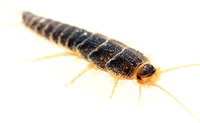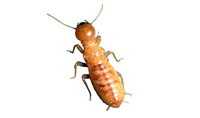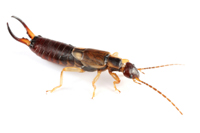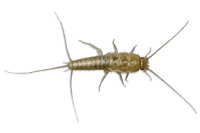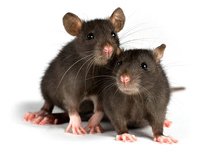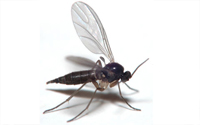Welcome to Bug University
Want to learn about pests? Here at Bug U., read up on some of the common pests roaming the halls, homes, businesses, and grounds of Massachusetts and Northern Connecticut.
Ants
Carpenter ants? Fire ants? Pavement ants? Find out more.
Cockroaches
Cockroaches are one of the most common household pest insects.
Silverfish
Silverfish may live for one year without eating!
Termites
Termites live in wood or underground.
Earwigs
Females stay with eggs a few days after they hatch.
Mosquitoes
Did you know there are about 3,500 species of mosquito?
Spiders
Spiders extend their limbs by hydraulic pressure!
Ticks
A tick usually lives for a year.
Bed Bugs
These pesky insects are extremely resilient to any household product.
Fabric Pests
Fabric pests are not particularly dangerous.
Rodents
Black rat, deer mouse, or house mouse? Find out.
Stinging/Biting Pests
Which is in your yard? Bee? Wasp? Hornet?
![]()
Bug University
Learn more about common pests.
![]()
News & Seasonal Advice
Because pests are active all year-round!




